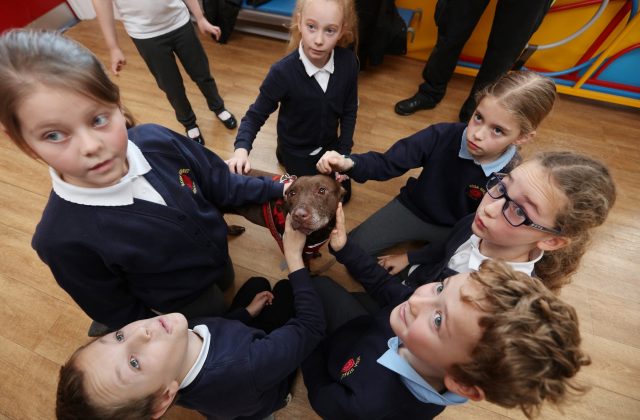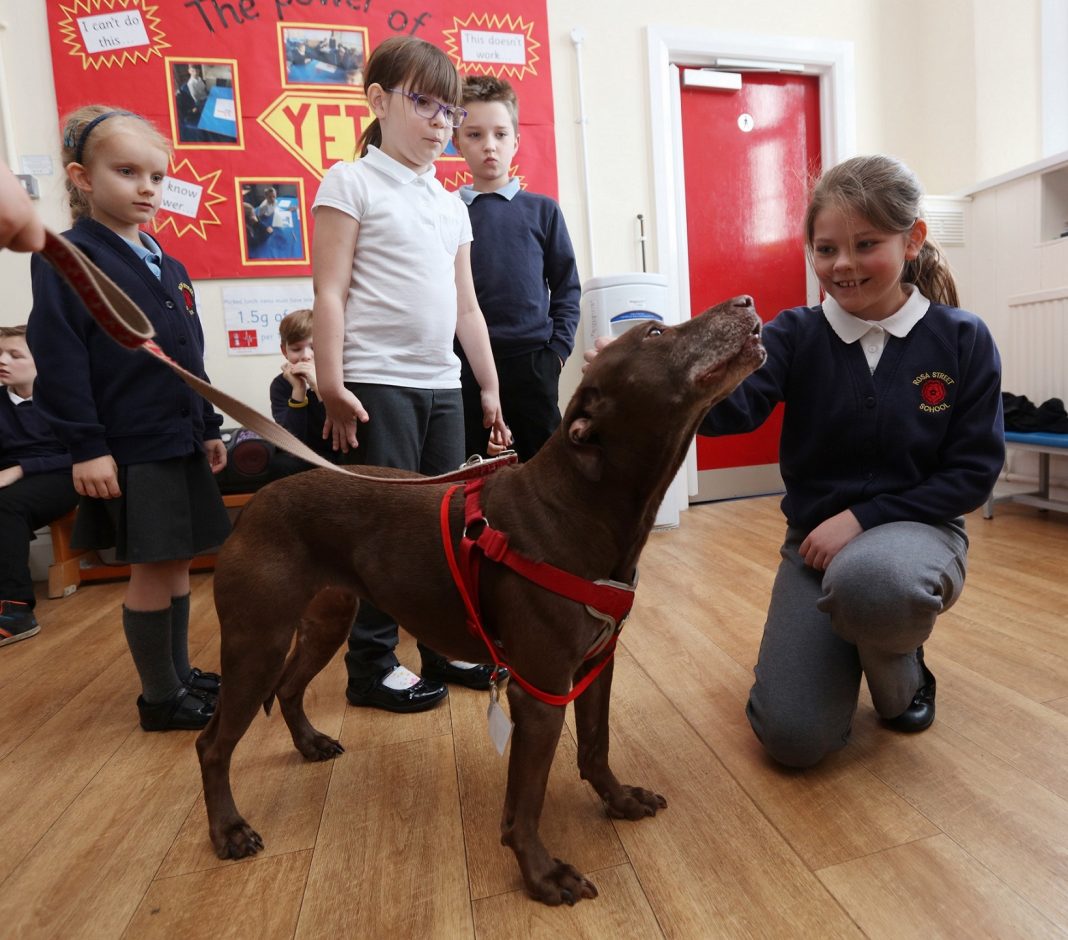The number of stray dogs found on the streets of County Durham has continued to decrease, with 29% fewer being picked up than last year.
A partnership between Durham County Council and the charity Stray Aid – which rescues and rehomes abandoned dogs and cats – has been working to stop man’s best friend wandering unsupervised around the county.
In 2018/19, 702 stray dogs were apprehended in County Durham as compared to 986 in 2016/17. Of the strays picked up this year, 369 were reunited with their owners and 333 were sent to Stray Aid.
Local laws have also been toughened up with regards to strays. On 1st June 2017, a Public Space Protection Order came into force, which means it is now an offence to let your dog stray in County Durham.
People allowing their dogs to stray can be hit with a £100 Fixed Penalty Notice.
Durham County Council’s neighbourhood protection manager, Ian Hoult, said, “We know that folk in County Durham love their dogs and most look after them responsibly, but we still have lots that end up straying.”
“Strays don’t pick up after themselves, they can cause road accidents and it calls into question how well they are being cared for.”
“It is the law to get your dog microchipped and it may help reunite you with your pet one day.”
Stray Aid has also been working with the council’s Civic Pride Team on the Paws in the Playground programme. This scheme delivers interactive lessons through which schoolchildren can learn about dog ownership and the responsibilities it entails.
The Paws in the Playground team work with the teaching dog Toffee, who is always a popular visitor to schools. Paws in the Playground sessions have been delivered to more than 8,000 pupils.

Stray Aid’s community engagement officer, Lee Henderson, said, “Toffee is a former resident at Stray Aid, who was neglected to say the least.”
“She has taken her story and that of responsible dog ownership into the schools and interacted with children, some of whom had prior phobias, to educate and deliver the message that both the council and Stray Aid want to promote.”
“In return, we would like to see the children speak to parents or guardians in the hope that they comply with the law – i.e. microchips, dog tags, poo bags, and health and wellbeing. After all, they are the dog owners of the future.”
Ian Hoult continued, “Working with Stray Aid has been great. It provides an exceptional on-site veterinary facility and has many years of experience in finding caring new homes for those dogs who have been unable to be reunited with their former owners.”
“If you are thinking of bringing a four-legged friend into your life, why not look into rehoming a preloved pooch from Stray Aid?”
“However, if you are looking to buy a puppy, make sure it is from a reputable breeder who would ensure it has had its health checks and is microchipped.”
“Sadly, not everyone can be trusted, and there are dishonest breeders out there looking to make money off poorly puppies, which can lead to heartbreak for many families.”
To learn more about Stray Aid – and to see pictures of dogs and cats available for adoption – please go to https://www.strayaid.org.uk/.
(This article’s featured image shows Toffee taking part in a Paws in the Playground session at Rosa Street Primary School in Spennymoor.)






